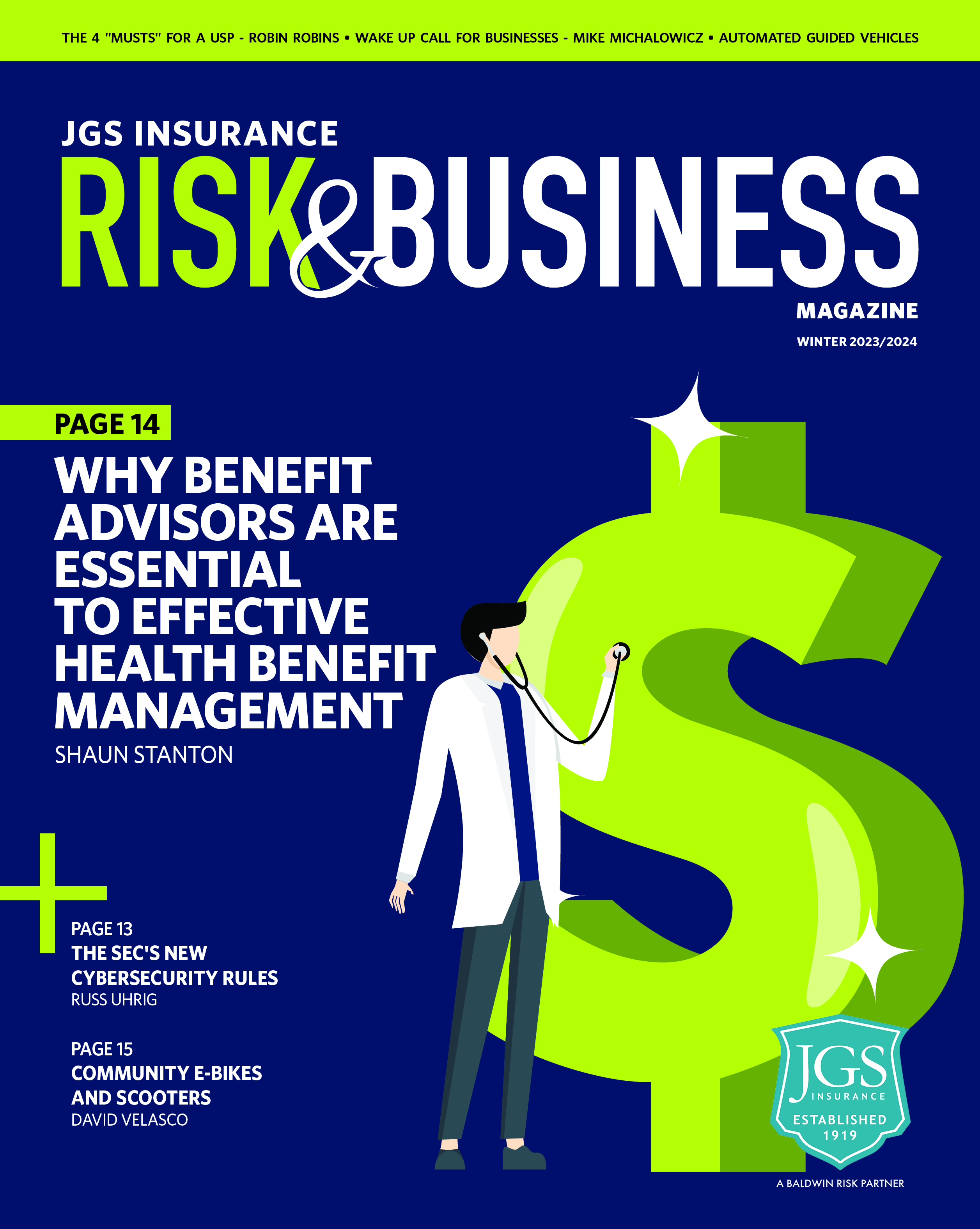By Robin Manougian, CIRMS, Account Executive ![]()
Gatherings especially following many months of COVID-led cancellations and restrictive protocols—are bringing us back together again. Barbecues, holiday parties, and other social events are once again fostering the “community” in community associations. But as boards of directors and management companies plan these events, an awareness of liquor liability must also be addressed so the association does not leave itself open to lawsuits.
Included in most General Liability policies is “host liquor” liability coverage, principally afforded by exclusionary language that does not apply when the insured is not in the business of manufacturing, distributing, selling, serving, or furnishing alcoholic beverages (whether or not a fee is charged or a license is required). But boards are encouraged to review their specific insurance contracts for coverage or exclusionary language and to understand the limitations of the host liquor provision.
Host liquor liability coverage, when included in the policy form or by endorsement, addresses claims that arise out of the community serving—but not selling—liquor (spirits, wine, beer) at an association-sponsored event. Once the event entails a cash bar or the purchase of drink tickets (even when there is an insured third-party bartender present), the Association’s master policy carrier may elect not to cover the event. Stand-alone policies, then, inclusive of liquor liability coverage, may need to be purchased. Remember that an association’s General Liability policy is written to cover the regular day-to-day exposures within the community. Events, particularly those that include alcohol, fall outside an association’s normal operations and dramatically increase liability. Always consult your agent prior to holding any event, but particularly any event that includes alcohol.
The proliferation of 55-and-better communities is also changing the landscape of associations as active adults, ready to enjoy more leisure time, are demanding a resort or club-type lifestyle. The mantra “60 is the new 40” is never so evident as at active adult communities where clubhouse wine lockers, wine tastings, and bring-your-own events are becoming increasingly popular.
The concept of BYO—bring-your-own alcohol—can reduce the expense of an association-sponsored event such as a Sunday football watch party, and most General Liability policies do not have specific BYO exclusions. However, BYO events can create issues because there typically are fewer controls over the amount of alcohol being brought in or consumed.
Associations should work with counsel to develop protocols in how to recognize and address overconsumption as the average Master Policy carrier is not looking to insure a bar-type atmosphere with the possibility of drinking getting out of hand. It is worth noting, too, that alcohol can contribute to incidents involving assault and battery. Most liability policies exclude coverage for claims involving assault and battery under the expected and intended loss provision within the policy.
An owner/member who keeps alcohol on an association’s premises (such as within a leased wine locker) should make certain to advise their homeowners’ policy carrier of the lease agreement. The lease agreement may exclude any care, custody, and control obligations of the association for loss, damage, or theft of stored wine (property loss), but just as important, wine that is furnished by a member and enjoyed by others carries liability to the member furnishing the wine.
Where minors are concerned, it should be recognized that furnishing alcohol to a minor or knowingly allowing a minor to consume alcohol on association property by an adult is against the law under most circumstances and can result in penalties to both the minor, the adult, and the association that allows the consumption. Allowing minors to drink on association property should be avoided entirely as General Liability forms generally include a coverage exclusion for furnishing alcoholic beverages to a person under the legal drinking age or under the influence of alcohol.
Boards should also make certain to collect evidence of insurance from their members who host private, nonsponsored events on association property and to have the association member name the association as an additional insured on that policy. Private events that include the serving or sale of alcohol can result in claims that leave an association open to liability since the premises belongs to the association. An endorsement to a homeowners’ policy—or better still, a separate event policy—can be purchased by the homeowner relatively inexpensively, which has the added benefit of protecting the homeowner should the event result in a bodily injury and/or property damage suit against the homeowner.
Have a question about host liquor liability coverage? Contact us today.
